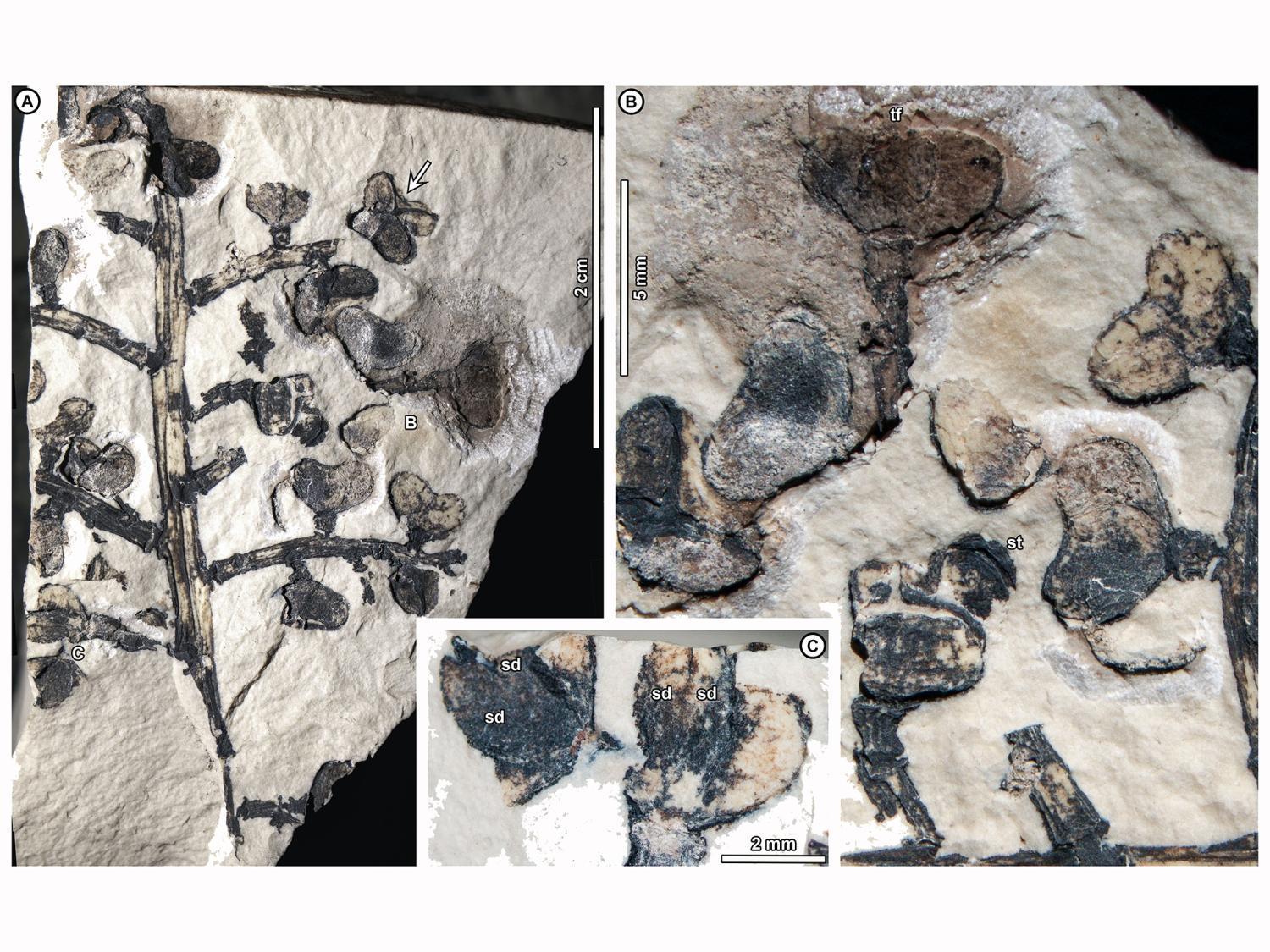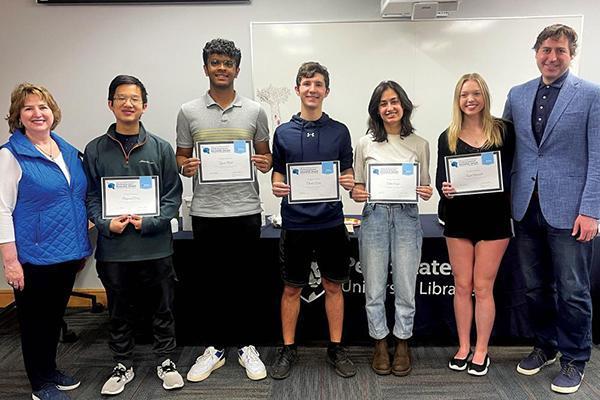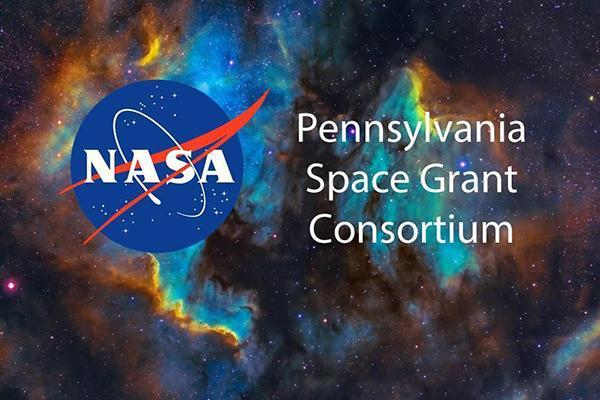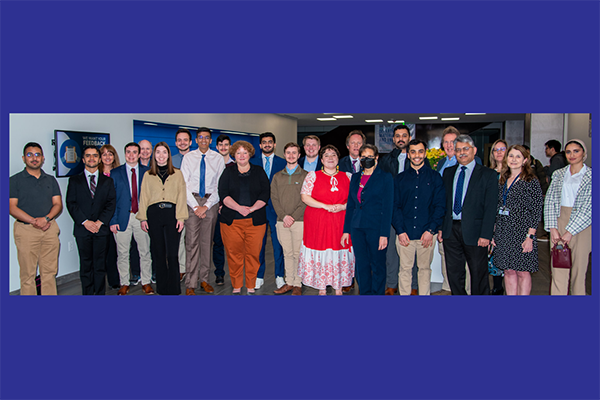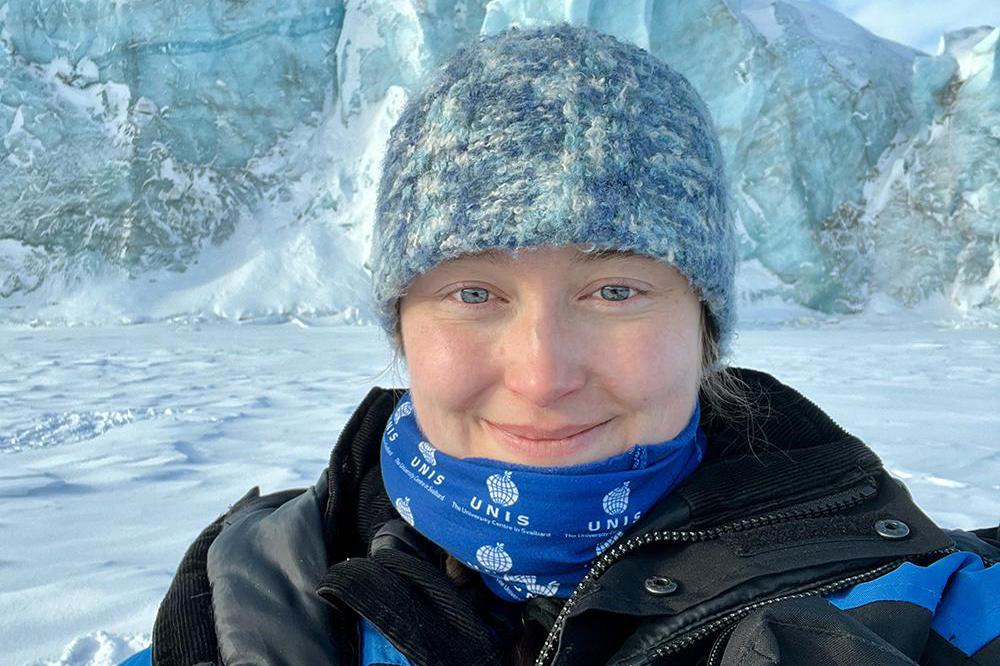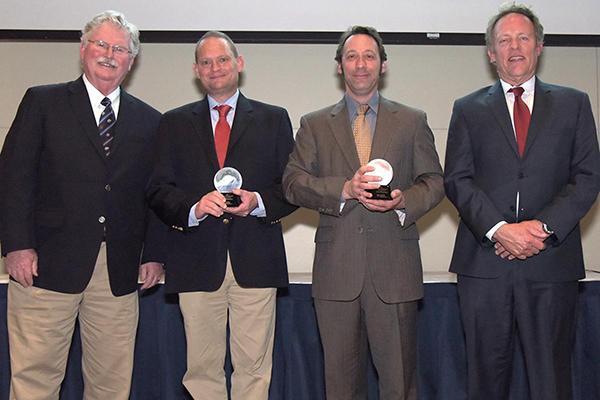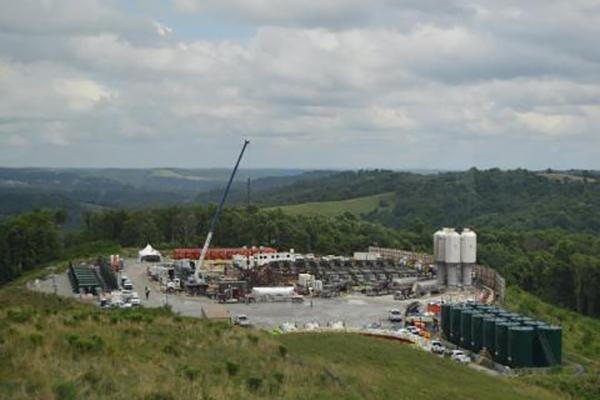Anyone who has taken a long road trip or bike ride has used a product of the spurge plant family — rubber. The spurge family, or Euphorbiaceae, includes economically valuable plants like the rubber tree, castor oil plant, poinsettia and cassava. Newly identified fossils found in Argentina suggest that a group of spurges took a trip of their own tens of millions of years ago. Driven by climatic changes and land movements over millennia, a group of spurges relocated thousands of miles from ancient South America to Australia, Asia and parts of Africa, according to research led by Penn State.
Penn State University Libraries presented its sixth annual Undergraduate Research Award: Excellence in Information Literacy honors at the end of the spring 2023 semester to 136 students at 20 undergraduate Penn State campuses.
Fourteen graduate students from Penn State have been awarded research fellowships and nine undergraduate students from around the commonwealth have been awarded scholarships from the Pennsylvania Space Grant Consortium (PSGC).
University students in science and engineering are increasingly aware of the importance of data visualization and communication skills. For one thing, they understand they live in a data-driven world, so regardless of their future career choices, data skills are key. What’s more, they also know our world is increasingly fast-paced, so transferable skills like communication, data analysis, storytelling, and design would be valuable even if they transition in their studies or careers later on.
Electric vehicles, or EVs, promise to reduce carbon emissions and serve as a tool to help mitigate climate change, but a team of Penn State researchers report there has been little research to determine how equitable the benefits of EVs are and, in fact, whether the technology may unfairly harm some areas and populations.
Isabella Ferreira arrived at Penn State several years ago as a social and outgoing student eager to get involved.
Sierra Melton, a doctoral student in the Penn State Department of Geosciences, was selected as one of 110 doctoral students in the United States and Canada to receive the prestigious $20,000 P.E.O. Scholar Award. The P.E.O. Scholar Awards program, established in 1991, provides substantial merit-based awards for U.S. and Canadian women who are pursuing a doctoral-level degree at an accredited college or university.
Set on pursuing a career in the music industry from a young age, Carl Fredrick Aquino never could have predicted that his career would lead him to follow the path to become a climate scientist at Penn State. But after six years of writing music for film, television and video games in Los Angeles, he decided to return to school, setting out on a mission to save the planet.
Penn State's College of Earth and Mineral Sciences (EMS) recognized exceptional students and faculty for their academic excellence, service and leadership during its annual Wilson Awards Celebration, held on Sunday, April 23.
Fractures in Earth’s subsurface play an important role in our energy systems – from providing pathways to extract fossil fuel from rock deep underground to supporting emerging green technologies like carbon storage and enhanced geothermal heat – but predicting the properties of these fractures remains challenging. A new method developed by a Penn State-led team of scientists may paint a clearer picture of fractures as they open and close in real time.


